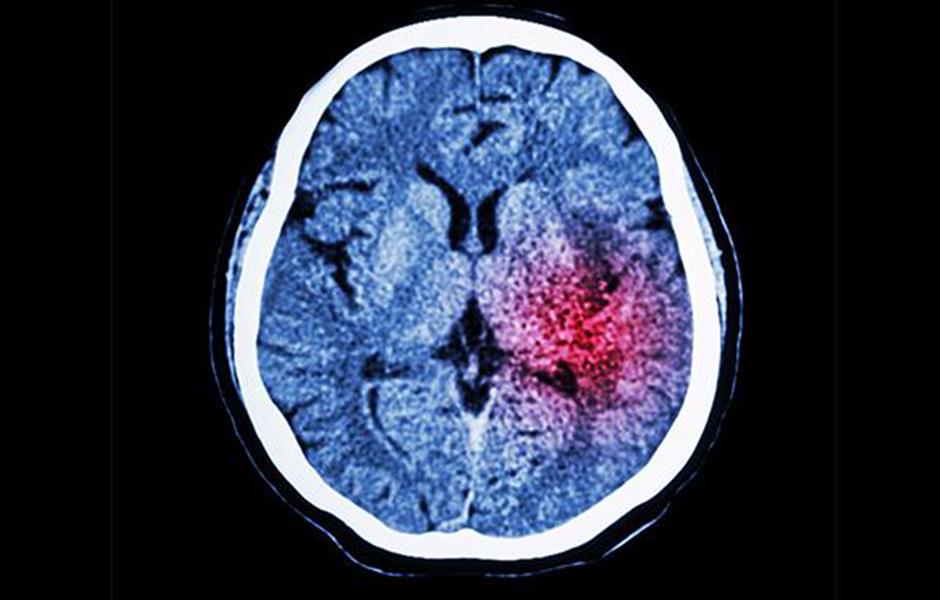A clinical study led by Jorge Polónia showed that besides sodium (found in high amounts in sault), the intake of potassium also influences the onset of a stroke and other cardiovascular problems. However, unlike sodium intake, which should be low, the levels of potassium must be high, explains the doctor and researcher of CINTESIS.
The research team aimed at evaluating at a national level the relationship between sodium and potassium intake with the occurrence of cardiovascular events. The study involved more than 2 thousand participants under 65 years of age. 24-hour urine specimens collected from a representative population sample were analyzed with regards to sodium and potassium excretion. At the same time, hospital records of cardiovascular events occurred in non-elderly adults provided by the Health System Central Administration (ACSS in Portuguese) were also analyzed.
The study showed that there is an increased risk of stroke when high sodium levels coincide with low potassium levels than there is when just the level of sodium is high. “The results reveal a correlation between the unbalanced intake of sodium and potassium and the occurrence of cardiovascular events. Sodium is known to be harmful at the cardiovascular level while potassium plays a compensatory role in vascular protection. The greater the disproportion between the intake of these two minerals, the greater the risk of suffering a cardiovascular event,” explains Jorge Polónia who has been studying Portugal’s situation regarding hypertension and cardiovascular health dos for more than a decade.
The member of the Board of the European Society of Hypertension and professor of the Faculty of Medicine of the University of Porto also explains that the human body is adapted to a more natural diet, low in sodium and rich in potassium, such as the Mediterranean diet, for example. “Today’s dietary patterns, which have reversed this balance by increasing sodium and reducing potassium, pose a threat to cardiovascular health,” he explains, giving an example: “In the Paleolithic, the intake of potassium was ten times higher than sodium intake. But in today’s society, sodium levels already outnumber potassium by 2.5 times. ”
Jorge Polónia even raises the hypothesis that it may be beneficial to supplement potassium intake in some population group. However, he also claims that a balanced diet – which in addition to the marked reduction of salt intake should include foods rich in potassium such as beans, grains, peas, potatoes, cereals, bananas and nuts; is enough for most of the population to reduce the risk of suffering cardiovascular problems.
It must be recalled that, according to another study led by the CINTESIS specialist, the mortality rate for stroke in Portugal suffered a reduction of 46% in the last ten years (data from PHYSA – Prevalence, awareness, treatment and control of hypertension and salt intake in Portugal: changes over a decade – the largest and most comprehensive study conducted in Portugal on the prevalence and control of hypertension, salt consumption and genetic patterns related to hypertension). Still, the results showed that Portuguese continue to consume too much salt: 10.7 grams/day, on average, when international recommendations set a limit of 5.8 grams/day.
Besides Jorge Polónia, also Luís Martins, Fernando Pinto, José Nazaré and Simão Abreu collaborated in this study, which was presented at the biggest scientific event of the European Society of Hipertension.

